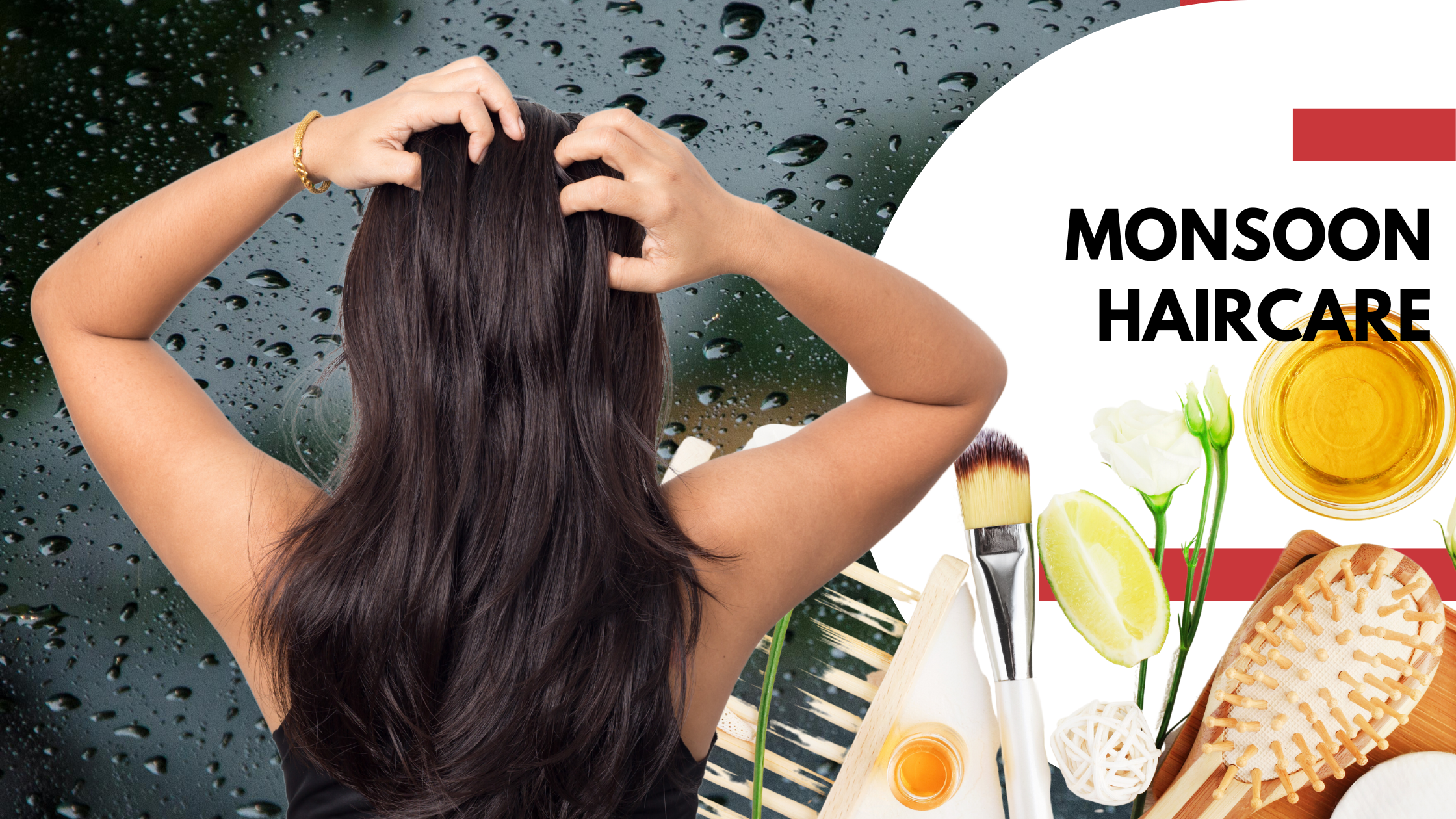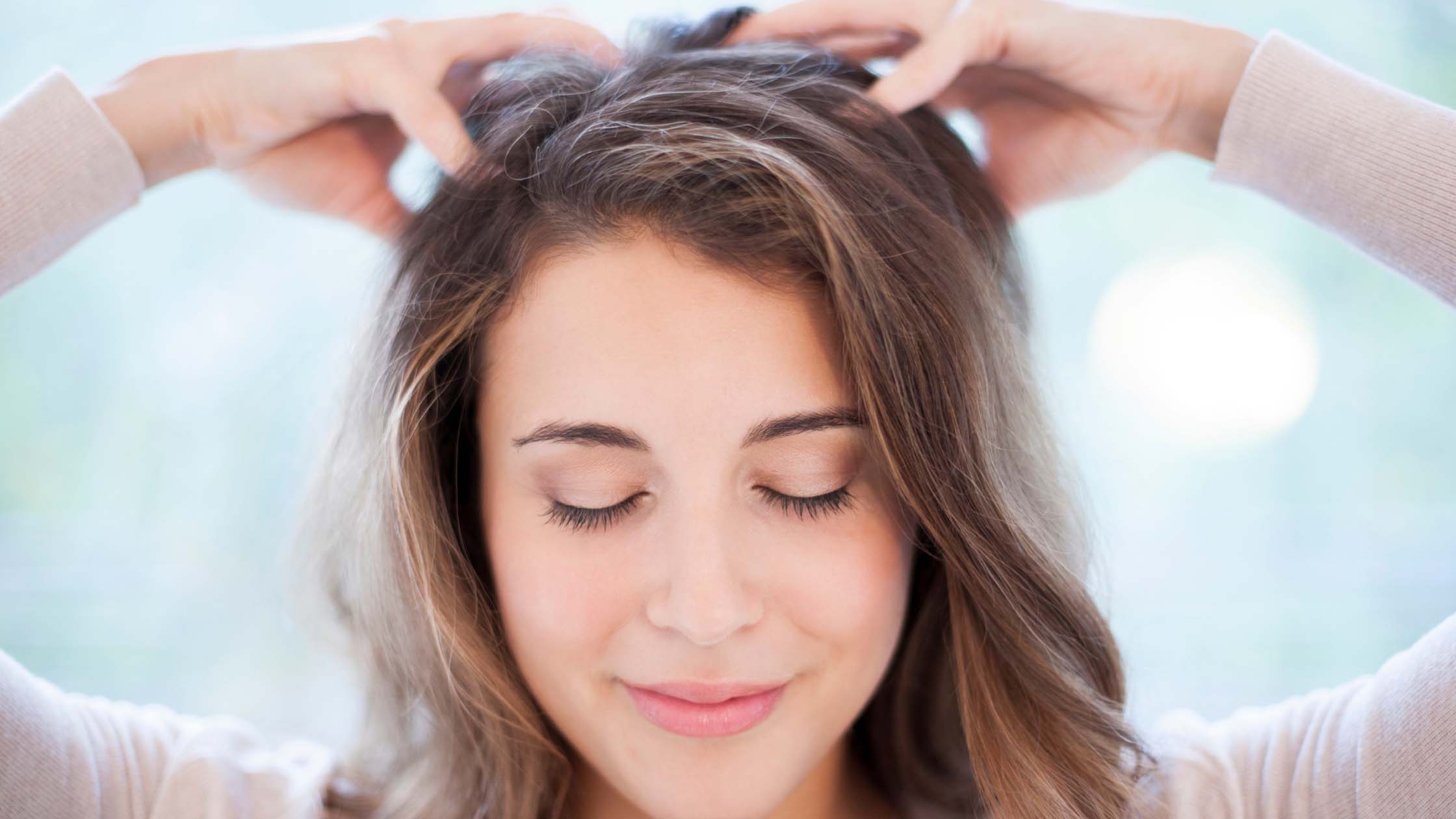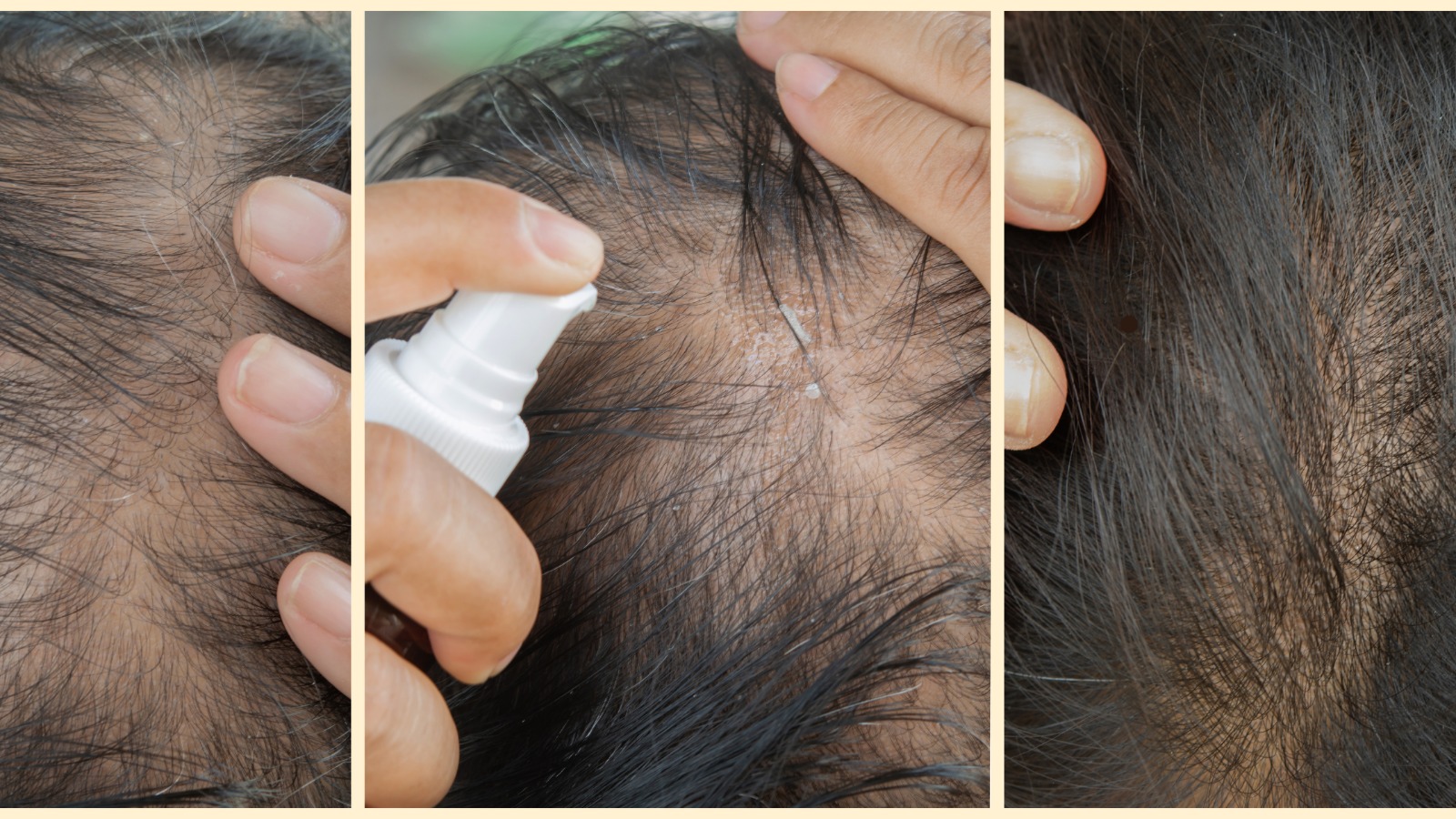
The Secret Power of Beauty Sleep for Your Inner Glow
Introduction: In our fast-paced lives, finding time for self-care can be challenging. Yet, one of the most effective and effortless ways to enhance your natural

As the soothing rains quench the earth’s thirst, the monsoon season brings about a refreshing change in our surroundings. However, while we revel in the beauty of this season, our hair often faces a myriad of challenges. The increased humidity, rainwater, and dampness can wreak havoc on our locks, leaving them frizzy, brittle, and prone to damage. But fear not, for with the right monsoon haircare routine, you can maintain luscious, healthy tresses even during the rainiest of days.
Problems Hair Faces on Monsoon:
During the monsoon season, your hair may encounter several issues that require attention. The increased humidity levels can cause excessive moisture absorption, leading to frizz and unruly hair. The rainwater, often acidic in nature, can strip away the natural oils from your scalp, leaving it dry and prone to dandruff. Additionally, the damp environment becomes a breeding ground for bacteria and fungal infections, which can lead to scalp irritation and hair loss. Understanding these challenges is crucial in order to tailor your haircare routine accordingly.
Some of the common challenges are,
How to Do Haircare in the Monsoon:
Start your monsoon haircare routine by choosing a gentle shampoo that removes dirt, oil, and pollutants without stripping away essential moisture. Opt for a sulfate-free formula enriched with natural ingredients to maintain the pH balance of your scalp. Follow up with a nourishing conditioner to replenish lost moisture and enhance the softness of your hair.
Frequent conditioning is essential during the monsoon season to combat frizz and keep your locks manageable. Look for a lightweight, leave-in conditioner that provides deep hydration without weighing down your hair. Apply it from mid-length to the ends, focusing on the tips, which tend to be drier and more prone to split ends.
Invest in a good-quality anti-humidity hair serum or leave-in cream to create a protective barrier against the excessive moisture in the air. These products help to seal the cuticles and prevent frizz, leaving your hair smooth and manageable throughout the day.
Avoid rubbing your hair vigorously with a towel to dry it, as this can lead to hair breakage and frizz. Instead, gently squeeze out the excess water and pat dry with a soft towel. Allow your hair to air dry whenever possible, as excessive heat from blow dryers can further contribute to frizz and damage.
Pay special attention to your scalp during the monsoon season to prevent fungal and bacterial infections. Regularly cleanse your scalp with an anti-dandruff shampoo containing ingredients like tea tree oil or neem. Keep your scalp dry and avoid leaving your hair wet for extended periods. If you’re prone to excessive sweating, consider using a dry shampoo to absorb excess oil and keep your scalp fresh.
Heat styling tools like hair dryers, straighteners, and curling irons can exacerbate hair damage, especially during the monsoon season. Embrace your natural hair texture and allow it to air dry whenever possible. If you must use heat styling tools, make sure to apply a heat protectant spray before using them to minimize the damage caused by high temperatures.
Rainwater often contains pollutants and chemicals that can harm your hair. To safeguard your locks, cover your head with a scarf or an umbrella when stepping out in the rain. If your hair gets wet, rinse it with clean water as soon as possible to remove any residual pollutants. Avoid tying your hair tightly when wet, as this can lead to breakage.
8.Nourish from Within:
Achieving and maintaining strong, lustrous hair goes beyond external care – it starts with nourishment from within. Prioritize a well-rounded diet that includes vitamin-rich foods like vibrant green leafy vegetables, tangy citrus fruits, nutritious nuts, and nourishing seeds. These natural sources are brimming with hair-boosting vitamins such as A, C, E, and biotin. Additionally, remember to stay adequately hydrated by consuming an ample amount of water throughout the day. By fueling your body with essential nutrients and keeping it hydrated, you pave the way for healthy, vibrant hair that reflects your overall well-being.
Rasbold Herbal products for Monsoon Haircare:
Rasbold Herbal Hair Cleanser: Kickstart your monsoon haircare routine with the Rasbold Herbal Hair Cleanser. Formulated with gentle, natural ingredients, this shampoo effectively cleanses your hair, eliminating dirt, oil, and pollutants without compromising essential moisture. It delicately restores the pH balance of your scalp, leaving it refreshed and ready to combat the challenges brought on by the rainy season.
Rasbold Herbal Hair Conditioner: Follow up the cleansing step with the Rasbold Herbal Hair Conditioner. Enriched with nourishing botanical extracts, this conditioner replenishes lost moisture, enhances hair softness, and reduces frizz. It provides the necessary hydration to keep your hair manageable and healthy during the monsoon season.
Rasbold Herbal Monsoon Hair Lotion: Treat your hair to the Rasbold Herbal Hair Lotion once or twice a week for deep nourishment and repair. This lotion is formulated with natural ingredients that restore moisture, strengthen hair strands, and improve overall hair health. It helps to combat the effects of humidity and rainwater, leaving your hair revitalized and resilient.
FAQs:
Q: How often should I wash my hair during the monsoon season?
A: It is recommended to wash your hair 2-3 times a week during the monsoon season to maintain scalp hygiene. However, adjust the frequency based on your hair type and how quickly it gets oily or dirty.
Q: Can I use heat styling tools during the monsoon season?
A: It is advisable to minimize the use of heat styling tools during the monsoon season to prevent further damage to your hair. Embrace natural hairstyles that work well with the humidity, such as braids for updos.
Q: Are there any natural remedies for dandruff during the monsoon season?
A: Yes, there are several natural remedies you can try. Applying a mixture of lemon juice and coconut oil to your scalp before
Q: How can I prevent frizz during the monsoon season?
A: To combat frizz, use an anti-humidity hair serum or leave-in cream. Additionally, avoid excessive brushing or combing, and opt for hairstyles that keep your hair away from direct contact with the humid air.
Q: What should I do if my hair gets wet in the rain?
A: If your hair gets wet in the rain, gently squeeze out the excess water and pat dry with a soft towel. Avoid using heat styling tools to dry your hair, as this can cause further damage. Instead, allow your hair to air dry naturally.
Q: How can I protect my hair from rainwater damage?
A: Wearing a hat or using an umbrella can help shield your hair from direct contact with rainwater. Additionally, you can apply a protective hair serum or oil before stepping out to create a barrier between your hair and the rainwater.
Q: Is it necessary to change my shampoo during the monsoon season?
A: It is not necessary to change your shampoo, but it is recommended to opt for a gentle, sulfate-free formula that maintains the pH balance of your scalp. Look for shampoos with natural ingredients that provide nourishment and hydration.
Q: Can I skip conditioning during the monsoon season?
A: No, conditioning is essential during the monsoon season to combat dryness and frizz. Use a lightweight, nourishing conditioner to keep your hair hydrated and manageable.
Q: How can I prevent scalp infections during the monsoon season?
A: To prevent scalp infections, keep your scalp clean and dry. Use an anti-dandruff shampoo containing ingredients like tea tree oil or neem. Avoid sharing combs or hair accessories, and refrain from touching your scalp with dirty hands.
Q: Are there any specific hairstyles suitable for the monsoon season?
A: Yes, there are hairstyles that work well with the humidity. Braids, buns, and updos are great options as they keep your hair away from the damp environment and minimize frizz.
Q: Can I use hair masks during the monsoon season?
A: Yes, you can use hair masks to nourish and hydrate your hair during the monsoon season. Opt for masks that provide deep moisturization and repair to counter the effects of humidity and rainwater.

Introduction: In our fast-paced lives, finding time for self-care can be challenging. Yet, one of the most effective and effortless ways to enhance your natural

Introduction: In the pursuit of luscious locks and healthy hair, many of us explore various treatments and remedies. One such method that has garnered significant

Introduction: Your wedding day is one of the most memorable days of your life, and every bride deserves to look and feel her absolute best.

Introduction: Bald spots can be a source of concern for many, impacting self-esteem and confidence. While various factors contribute to hair loss, including genetics, stress,

Introduction: Working out is great for your body and mind, but it can also take a toll on your skin if you don’t follow the